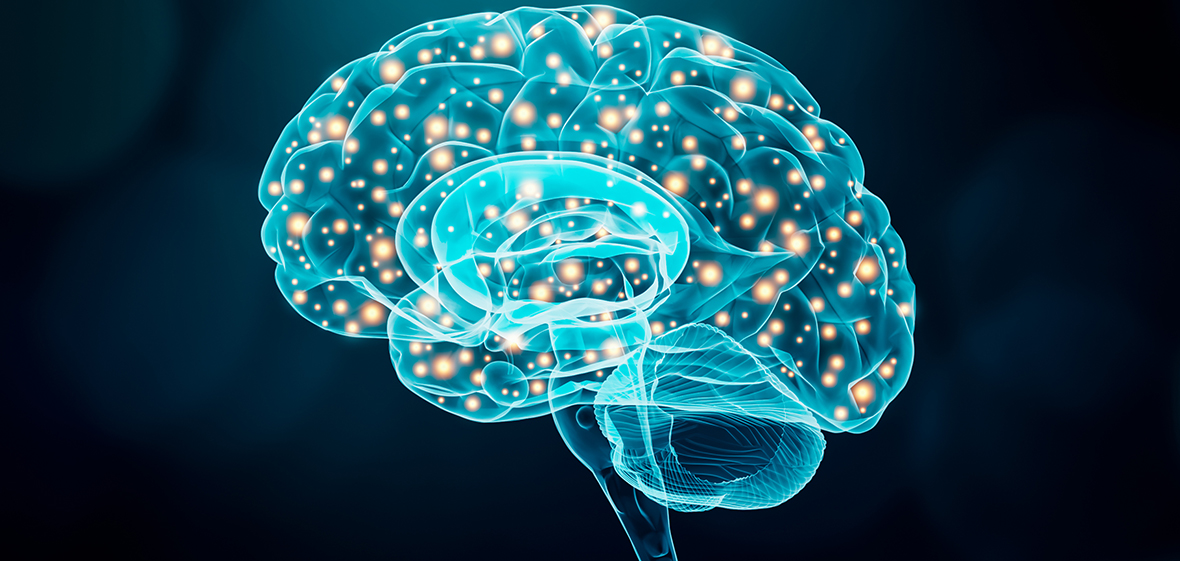
Traumatic Brain Injury (TBI) is a leading cause of death and disability. Most often, TBI results from injuries sustained in motor vehicle collisions and falls. Sports injuries, violence and work-related injuries also contribute to these statistics. The physicians at UofL Physicians – Neurosurgery are experts in the surgical and medical treatment of brain injuries and offer the following tips for prevention and treatment.
Prevention
The only complete cure for brain injury is prevention, and the majority of traumatic brain injuries are preventable. You can minimize your chances of injury by following these tips:
- Home: Ensure adequate lighting; remove loose throw rugs; lock basement doors to prevent accidental falls.
- Work: Maintain a clutter-free environment, follow appropriate OSHA guidelines (harnesses, hardhats, etc.) and use tools appropriate for the job. Never stand on the top step of a ladder.
- Sports: Use appropriate safety gear (helmets and mouth gear) and playing techniques (avoid head butting, heading the ball, etc.).
- Travel: Wear a seatbelt or helmet; do not drive under the influence of drugs or alcohol; do not text and drive.
- Youth: Never shake or strike an infant or small child; carefully monitor children on elevated surfaces (bed, couch, etc.). Fasten tall and top-heavy furniture to the wall to avoid toppling.
Treatment
It’s important to seek medical attention any time you sustain a blow to the head that causes any of the following:
- Loss of consciousness (“passing out”) for more than five minutes
- Persistent confusion
- Vomiting
- Differences in the sizes of the pupils









